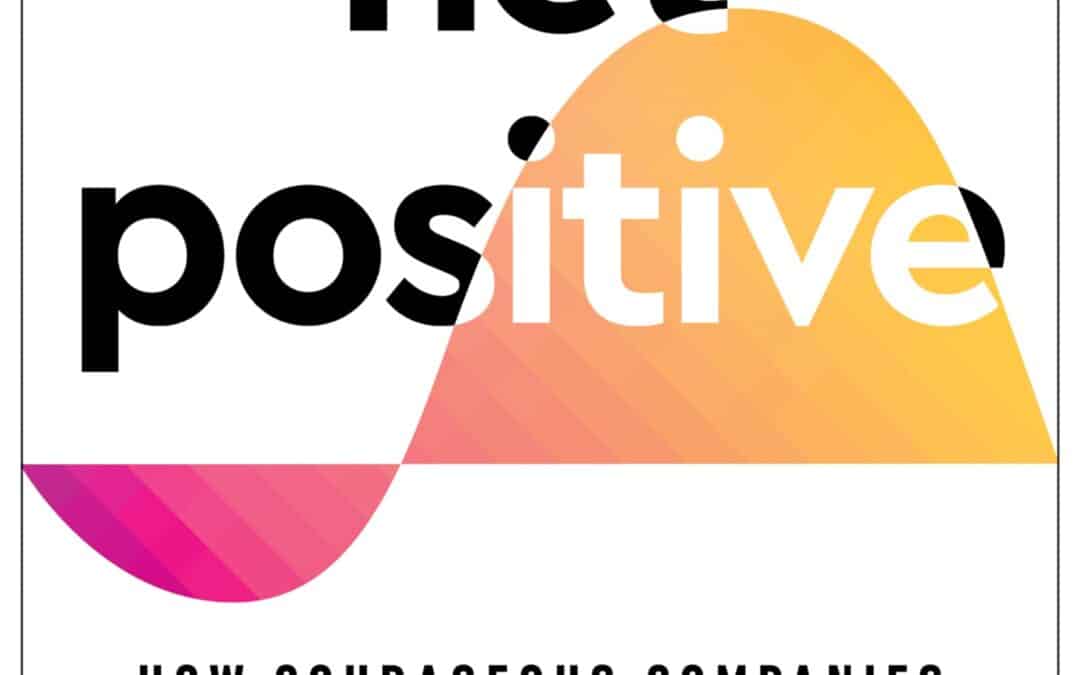What is important about this book
Why did mayonnaise beat ketchup? A question that might sound trivial, yet it’s the starting point of this book. It refers to the clash between two food giants, Unilever and Kraft Heinz: on one side, a long-term model built on investment, purpose, and stakeholder capitalism; on the other, cost-cutting, quarterly returns, and shareholder value maximization. The first philosophy thrived — the second contracted.
Net Positive proposes a new way of doing business: not merely reducing harm, but creating regenerative value for society. It’s a model that combines realism and ambition, showing that companies can prosper by serving all stakeholders — people, communities, the environment, and institutions — not just shareholders.
The authors are Paul Polman and Andrew Winston. Polman, former CEO of Unilever, led one of the most emblematic transformations of modern capitalism, increasing shareholder value by 300% while keeping the company ranked first in the world for sustainability for eleven consecutive years. Winston, one of the world’s leading experts in sustainable business, translates that experience into practical tools, with a powerful message: the companies of the future will profit by solving the world’s problems, not by creating them.
Quotes
- “Imagine what net positive could look like when companies solve the biggest challenges, not contribute to them”.
- “Our vision of net positive is a business that improves well-being for everyone […] even future generations and the planet itself”.
- “The closer you are to net positive, the better able you are to drive the changes that need to come”.
- “With courage and a moral compass, leaders can do what they know is right, even at risk of great cost”.
- “Net positive companies […] influence the culture in the communities or countries around them, and challenge norms that are discriminatory or go against their values – they stand up for what’s right”.
- “In this new world, you own the impacts of your business”.
- “By pursuing profits through purpose, companies and brands can approach communities and help them thrive as a normal part of doing business”.
- “At a time when we need to come together as a species, we are moving apart through declining democracy, accelerating nationalism, and separation of people by ideologies […]. This dysfunction is dangerous”.
- “Of course, some people prefer the system they’re trapped in”.
Structure and contents of the book
Net Positive unfolds across ten chapters that outline a roadmap for the transition toward regenerative capitalism.
The book opens by redefining the very paradigm of business: an enterprise working for the common good, measuring its success over the long term. From there, Polman and Winston explore Net Positive leadership and the lessons drawn from Unilever’s experience, where sustainability and performance became intertwined in creating real impact on people and the planet.
The core of the book tackles the most complex challenges: integrating sustainability into the economic model, reforming corporate culture, and redesigning reward systems. The critique of short-termism is explicit — quarterly performance bonuses undermine the very future of the enterprise. What’s needed is a new architecture of responsible rewards, where social and environmental outcomes matter as much as financial ones.
Collaboration is presented as an evolutionary force: governments, NGOs, and even competitors become partners in transforming systems, not just corporate behaviors. The authors invite readers to face the “elephants in the room” — tax, corruption, lobbying, inequality — as tests of authentic and courageous leadership.
The book closes with a look to the future, when the Net Positive agenda will no longer be a choice but a condition. The Net Positive Readiness Assessment in the appendix offers 24 questions to measure the gap between declarations and reality — an exercise in organizational truth that every leader should take.
Instructions for reading this book
This is not a book for the shelf, but a call to action. It reads like a survival manual for those who see sustainability not as a label but as a way to decide and lead. Polman and Winston bring an insider’s perspective — forged in boardrooms and negotiations with governments, markets, and civil society — that makes the narrative credible and concrete. The tone is direct, never ideological: it explains, shows, provokes. It doesn’t just say business must change — it shows how it can. Every case — from Unilever to Mars, IKEA to Patagonia — proves that purpose-driven leadership is also performance leadership.
In a time when global crises — climatic, economic, social — have become the context itself, Net Positive is a handbook of courage for those who want to stay human in power. It calls for transparency, for confronting the “big elephants” many companies prefer to ignore — tax, corruption, inequality, lobbying — and for using leadership as a moral and systemic lever. For those working in consulting, HR, or governance, it’s a bridging book: connecting ethics and economics, purpose and metrics, culture and strategy. It shows there is no contradiction between success and service, provided we rethink the logic of value. Sustainability is not a department, but a strategic lens that redefines governance, incentives, value chains, and performance.
The authors don’t offer easy fixes, but a shift in posture: from defense to responsibility, from adaptation to regeneration. In an era of mistrust and fragmentation, their proposal is radically simple: “Abbiamo bisogno di leader che lascino il mondo migliore di come lo hanno trovato”. Net Positive teaches us to measure not only how much we grow, but what we leave behind.
